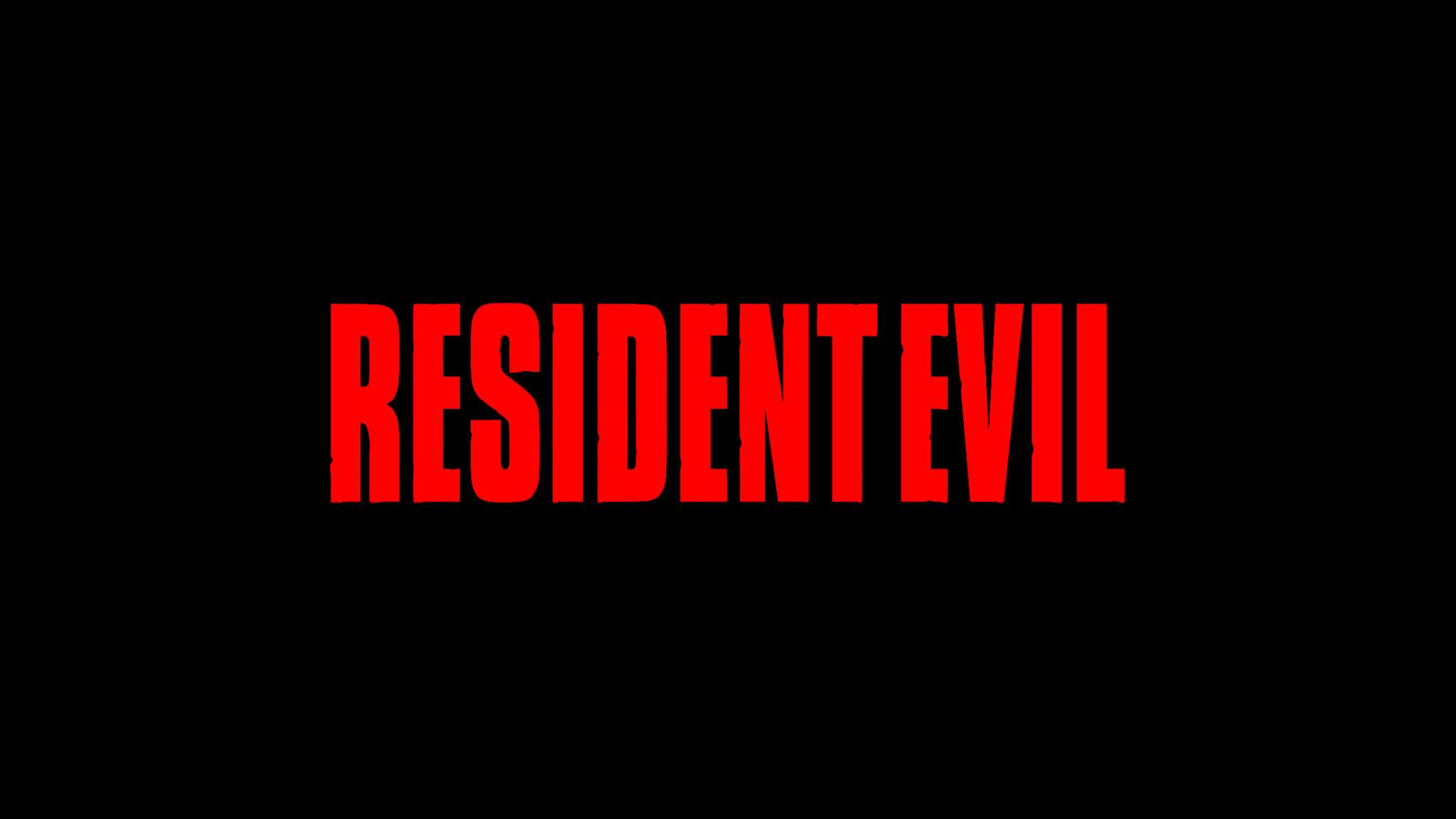Jujutsu Kaisen Has Disappointing Season 3 Update for Fans

During the entire duration of the event, MAPPA has been primarily working on the compilation film titled “Hidden Inventory/Premature Death,” which debuted in Japan on May 30th, 2025. This film will also make its way to U.S. cinemas on July 16th, 2025. The film doesn’t just cover the events of the arc; it also features additional scenes and visuals from Gojo and Geto’s past. The initial season was launched in Fall 2020, with the second season picking up the storyline in Summer 2023. Given the gap between these two seasons, it’s reasonable to assume that Season 3 might premiere next year. At Anime Expo, a panel for “Jujutsu Kaisen” was held, showcasing the voice actors and providing updates about the upcoming film. However, more details regarding Season 3 are still pending.








